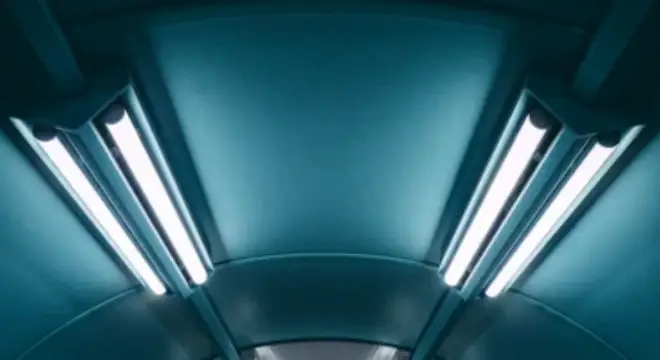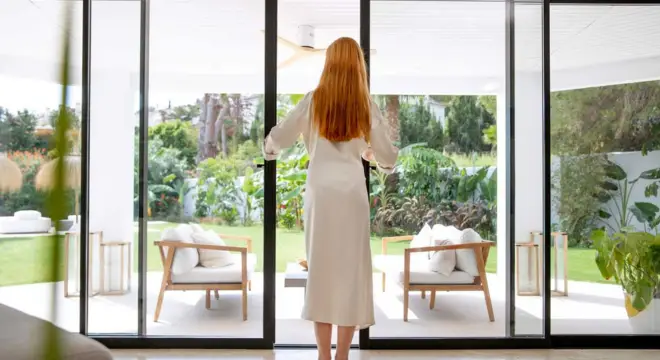How to Declutter Stress-Free: 7 Tips for Letting Go of Hard-to-Discard Items
I know exactly how you feel. There’s something about those hard-to-discard items that makes decluttering seem like a never-ending battle. You’ve probably been there—looking at a pile of things and asking yourself, “Do I really need this? What if I might use it someday?” It’s tough, right? You’re not alone in this.
But here’s the thing: those items—whether it’s old clothes, sentimental gifts, or random keepsakes—can weigh us down mentally and physically. The clutter doesn’t just take up space; it can overwhelm your mind, too. If you’ve been putting off decluttering, I totally get it. It feels like a mountain to climb. But what if I told you that letting go of those hard-to-discard items doesn’t have to be painful? In fact, it can actually be liberating.
This guide is all about making decluttering easy, step-by-step, without the stress and guilt. Over the next few sections, I’m going to share some simple, but powerful secrets to help you tackle those tough items and make your space feel lighter and clearer. Ready to get started?
Why Decluttering Hard-to-Discard Items is So Difficult
Let’s face it: parting with certain items is never as easy as it sounds. If you’ve been struggling with the thought of letting go of your stuff, it’s not because you’re disorganized or lazy. In fact, there are deep psychological reasons why decluttering is such a challenge. Once you understand these emotional and mental factors, the process becomes a lot easier to handle. So, let’s break down why it’s so hard to say goodbye to those items.
Emotional Attachment to Items
You probably have that one sweater or old book you’ve been holding onto for years, even though you never wear it or read it. Why? It’s because we form emotional connections to our belongings. It’s not just an object to you—it represents memories, feelings, and moments in time. We often see these things as part of who we are, making them incredibly hard to let go of. When you try to declutter, you might feel like you’re losing a part of yourself.
- Why this matters: When you think about it, every time you hold onto an item that doesn’t serve you, you’re not just keeping a physical object—you’re holding onto emotional baggage.
Fear of Regret and Loss
Let’s talk about the fear of “What if I need it later?” This is a big one. It’s the voice in your head that says, “What if I throw this away and then realize I need it tomorrow?” We’ve all been there, holding onto items because of that fear of missing out on some future need.
- Why this matters: This fear is often irrational, but it’s real. It causes us to keep things we never use, cluttering our space and our minds. The truth is, the majority of items we hold onto “just in case” are rarely needed, and when they are, we can always find a way to get them.
Sentimental Value: The “What If I Need It Later?” Fear
Sentimentality is another huge barrier to decluttering. Whether it’s a birthday card from a long-lost friend or a piece of furniture from your childhood home, we often associate sentimental value with items. These aren’t just things; they represent love, experiences, and people who matter in our lives.
- Why this matters: Sentimental clutter can weigh heavily on your heart and mind. It’s difficult to acknowledge that you can hold onto the memory without holding onto the physical object. But once you do, you’ll feel lighter, and you’ll see that the memories aren’t tied to the things—they’re tied to the moments and feelings.
Psychology Today explains how these emotional attachments form, explaining how our brains struggle to differentiate between the importance of an item and its emotional significance.
The Impact of Clutter on Your Mental Health and Well-Being
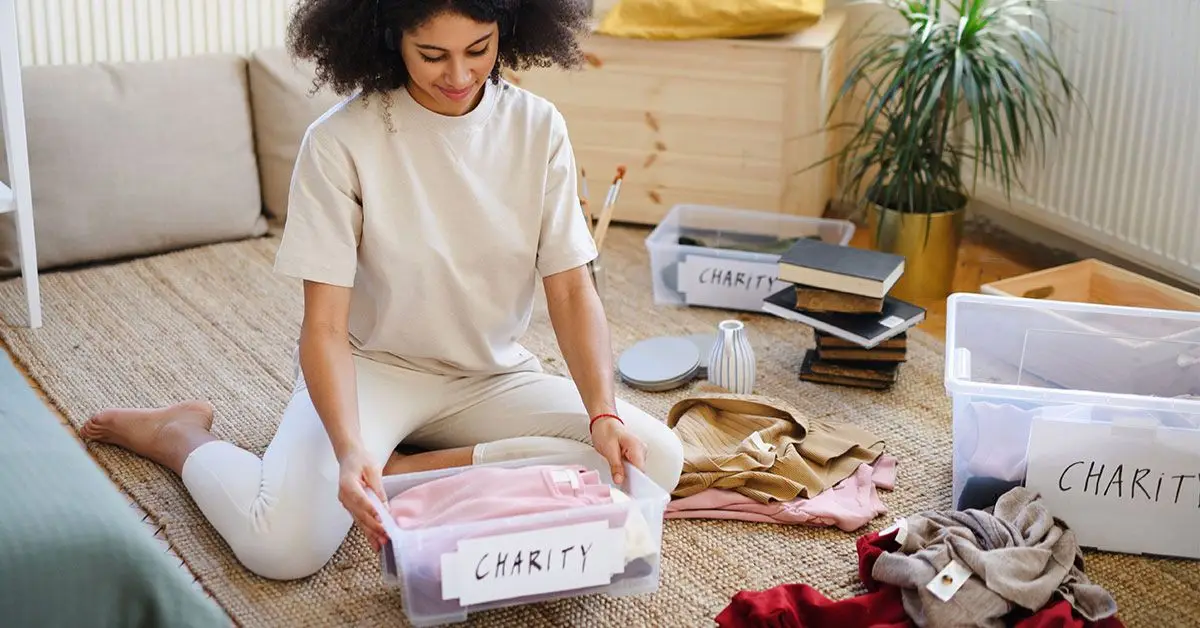
Now that we’ve addressed why decluttering feels so difficult, let’s talk about the impact of keeping all those hard-to-discard items. It’s more than just a messy home—it’s affecting your mental and emotional well-being in ways you might not even realize.
Stress and Anxiety: Clutter’s Effect on Mental Health
The more clutter you accumulate, the more mental stress it can cause. Studies have shown that living in clutter can lead to heightened levels of anxiety and stress. It creates a chaotic environment that bombards your brain with unnecessary stimulation, making it harder to focus, relax, or feel at peace in your own space.
- Why this matters: The physical clutter around you often mirrors the mental clutter in your mind. The more you let go of, the more space you make—physically and mentally—for clarity and calm.
A Clutter-Free Home = A Clearer Mind
Imagine walking into a space that is clean, organized, and calm. The weight on your shoulders instantly lifts. Studies have linked a clean home to improved mental clarity, focus, and even better sleep. A clutter-free space helps reduce cortisol levels (the stress hormone) and encourages relaxation, making your environment a reflection of your mental state.
- Why this matters: Decluttering isn’t just about cleaning up—it’s about creating a peaceful sanctuary where you can thrive. You deserve to have a space that fosters calmness, productivity, and well-being.
As you begin to understand the psychological reasons behind why decluttering is tough, it’s clear that the process isn’t just about getting rid of items—it’s about freeing yourself from emotional baggage, stress, and mental clutter. Now that you’re aware of how clutter affects your life, it’s time to take action. How would you feel if your space was lighter, calmer, and more organized?
Let me know in the comments—what’s the hardest part for you when it comes to decluttering?
Secret #1: Start Small and Build Momentum
Decluttering doesn’t have to feel like a monumental task. One of the main reasons people put off decluttering is because they’re overwhelmed by the thought of going through every single item. But here’s the truth: starting small is the key to making progress without feeling like you’re drowning in clutter.
Focus on One Category: Clothes, Books, Kitchenware, etc.
Rather than attacking every corner of your home all at once, choose one category to focus on. Pick a drawer of clothes, a shelf of books, or a section of your kitchen—whatever feels manageable. When you narrow your focus, it’s easier to make decisions and gain a sense of accomplishment as you complete each section. For some practical tips, check out our guide on how to declutter your kitchen to help you tackle the heart of your home without feeling overwhelmed.
- Why this matters: This approach creates small, achievable goals that you can tackle one by one, giving you a sense of progress and making the process feel less daunting.
Tackle One Room at a Time
If you’re tempted to bounce from room to room, it’ll only slow you down. Focus on one space at a time. Whether it’s your living room or bedroom, dedicate time to declutter each room in its entirety, and then move to the next. Completing one room gives you a sense of closure and lets you see immediate results.
- Why this matters: Focusing on one space at a time helps you stay organized and prevents the chaos of multiple rooms piling up.
The “2-Minute Rule”: If It Takes Less Than Two Minutes, Do It Now!
Here’s a game-changer: the 2-minute rule. If you pick up an item and know exactly what to do with it—whether it’s putting it in the trash, donation pile, or storing it away—do it right then and there. This prevents small tasks from piling up and ensures you’re staying productive.
- Why this matters: The 2-minute rule prevents procrastination. By making quick decisions, you maintain momentum and avoid the overwhelm that comes from delaying actions.
Secret #2: Let Go of Perfectionism and Make Quick Decisions
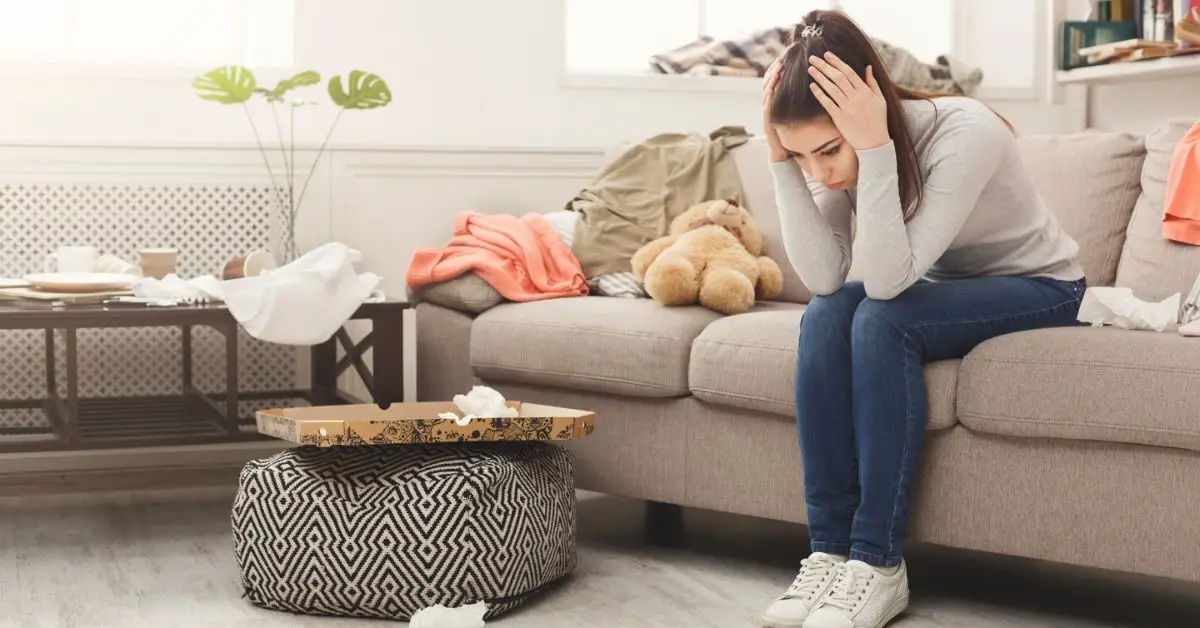
Decluttering can get delayed because of overthinking. How many times have you stared at an item, unsure whether to keep it or toss it, only to put it back in the pile? It’s that perfectionism creeping in. The fear of making the wrong decision can paralyze you, but here’s the secret: fast decisions lead to fast results.
A helpful way to quickly sort through your items is by using the 30 bags in 30 days challenge, which encourages rapid decluttering in manageable, bite-sized portions.
Set a Timer: Challenge Yourself to Make a Decision within 5 Minutes
A simple yet powerful strategy: set a timer for five minutes when going through your items. Challenge yourself to make a decision about each item in that timeframe. Once the timer goes off, you’re done, and you’ve moved forward.
- Why this matters: The time constraint forces you to stop overthinking and start trusting your gut. It pushes you to make decisions faster, without second-guessing yourself.
Limit Your Options: Narrow Down Choices to Speed Up the Process
Overwhelmed by too many options? It’s a common decluttering problem. If you’re trying to decide between two similar items, narrow it down by eliminating other choices. Don’t give yourself 10 options to debate—limit your choices to two or three, and pick the one that truly adds value.
- Why this matters: Narrowing down choices helps you avoid the paralysis of too many options and makes decision-making quicker.
Medium offers a great article discussing the negative effects of perfectionism when it comes to decluttering. It highlights how perfectionism leads to procrastination and indecision, making the process slower.
Secret #3: Be Ruthless – If You Haven’t Used It, Let It Go
One of the most common traps we fall into while decluttering is holding onto items we haven’t used in months (or years!). The “use it or lose it” mindset can help you make faster decisions and avoid the emotional tug-of-war that comes with decluttering. Here’s the truth: If it hasn’t added value to your life, it’s time to let it go.
If It’s Not Useful or Used Regularly, Let It Go
When you’re deciding whether to keep something, ask yourself: “Do I use this regularly?” If the answer is no, it’s time to part ways. From unused kitchen gadgets to clothes that never get worn, holding onto these items is just cluttering up your space and your life.
- Why this matters: Keeping things that don’t serve you just takes up valuable space. Once you let go of these items, you’ll feel lighter and more organized.
How Often Do You Actually Use This?
It’s easy to tell yourself you might need an item someday, but let’s be real—how often have you actually used it in the last year? Be honest with yourself. If it’s been collecting dust, it’s likely not going to change anytime soon.
- Why this matters: Understanding that something is unlikely to be used again helps you cut through the guilt of letting go.
Secret #4: Set Up a ‘Donate, Sell, or Trash’ System
Sometimes the hardest part of decluttering is figuring out what to do with all the stuff you’re ready to let go of. A simple sorting system can take the stress out of the process and help you stay organized as you declutter.
Create a Box for Donations
Start with a box or bag specifically for donations. This makes it easy to identify the items that can be given away to someone who will use them. Every time you find an item that no longer serves you, drop it in the donation box. It’s that simple! If you’re decluttering your electronics, consider using our 7 simple steps to declutter your electronics before moving, which provides great advice on organizing this category.
- Why this matters: Creating a designated spot for donations helps you stay organized and focused, so you can keep up the momentum.
Sell Items for Extra Cash: Consider Apps and Websites for Selling Items
Some items may have value that others would pay for. Apps like Facebook Marketplace, Poshmark, or eBay are perfect for selling things you no longer need. This is a great way to make some extra cash while also decluttering your space.
- Why this matters: Selling items gives you a practical incentive to declutter and can even help fund future home improvements or organization projects.
Check out Facebook Marketplace for an easy-to-use platform to sell your unwanted items to local buyers.
Recycle or Trash Non-Sellable Items
For items that can’t be donated or sold, make sure to recycle or throw them away. Old papers, worn-out clothes, or broken appliances can be easily recycled if they aren’t fit for donation or sale.
- Why this matters: Recycling or trashing non-sellable items ensures you’re not just adding to your pile of clutter, but also doing your part for the environment.
Secret #5: Focus on the Benefits of a Clutter-Free Space
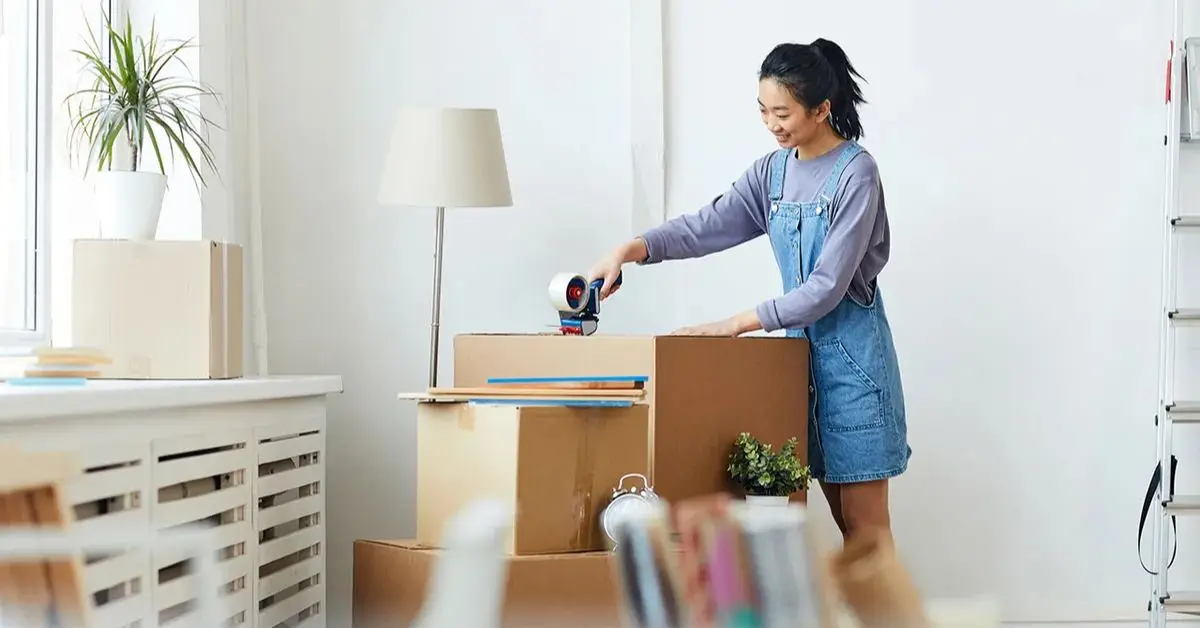
Let’s be honest: decluttering can feel overwhelming at first. But once you experience the benefits of a clutter-free home, you’ll wonder why you didn’t do it sooner. The rewards aren’t just physical—they’re mental too.
Better Mental Clarity and Productivity
A clean, organized space has a direct impact on your mental state. Without the distraction of clutter, you’ll find it easier to focus, think clearly, and be more productive. Whether it’s working from home or simply relaxing, your environment plays a huge role in your mindset.
- Why this matters: A clutter-free home gives you the mental clarity to focus on what really matters and helps you perform better in all areas of your life.
Physical Benefits: Less Cleaning, Less Stress
Cluttered spaces take more time and effort to clean. The more things you hold onto, the more dust, dirt, and mess accumulates. A tidy space means less time spent cleaning and less stress about maintaining it.
- Why this matters: A clutter-free home isn’t just easier to clean—it also saves you time, energy, and stress.
By following these secrets, you’ll be well on your way to creating a home that’s not just neat, but mentally and physically freeing. What’s your biggest struggle when it comes to letting go of things? Drop your thoughts in the comments—I’d love to hear how you’re tackling the clutter!
Secret #6: Use Decluttering as a Family or Team Activity
Decluttering doesn’t have to be a solo mission! It can actually be a lot more fun and motivating when you involve others. Whether it’s your family, friends, or even your neighbors, tackling clutter as a team makes the process more enjoyable, and the results will be much more satisfying.
Get the Whole Family Involved
If you have kids or a partner at home, get them on board! Make it a family event by setting a timer and seeing who can clear the most clutter in an hour. Not only does it make the task less overwhelming, but it also encourages everyone to contribute to keeping the home organized.
- Why this matters: Involving others makes the task feel less like a chore and more like a group effort. Plus, everyone benefits from a tidier home!
Challenge Friends: Make a Decluttering Contest
If you’re someone who enjoys a bit of friendly competition, why not turn decluttering into a contest? Challenge friends to declutter a certain area of their home within a specific time frame. You can even make it fun by sharing progress updates on social media and offering small rewards for those who finish first.
- Why this matters: A decluttering challenge makes the task more engaging and less stressful. Plus, it’s a great way to motivate yourself by seeing others take action.
Secret #7: Celebrate Your Progress, No Matter How Small
Decluttering can be a long process, and it’s easy to lose motivation when you’re not seeing immediate results. But one of the best ways to stay motivated is by celebrating every win, no matter how small. Whether it’s clearing out a closet or organizing a single drawer, acknowledging your progress will keep you going.
Treat Yourself: Reward Yourself for Decluttering Milestones
After completing a decluttering session, reward yourself! Take a break, enjoy your favorite snack, or watch an episode of your favorite show. Rewards help reinforce the habit of decluttering, making it easier to continue the process in the future.
- Why this matters: Positive reinforcement encourages you to keep moving forward. It also shifts the mindset from seeing decluttering as a “task” to a rewarding accomplishment.
Don’t Compare Your Progress to Others
Decluttering is a personal journey, and comparing your progress to others can be discouraging. Everyone’s pace is different, and that’s okay. Celebrate what you’ve achieved so far, no matter how small the progress may seem.
- Why this matters: Focusing on your own journey helps you maintain a positive mindset and keeps you from getting overwhelmed by unrealistic expectations.
Conclusion: Your Path to a Clutter-Free Life Begins Today
You’ve now got all the tools you need to tackle your clutter head-on. Remember, it’s not about achieving perfection—it’s about making progress. Whether you start small, get a team involved, or celebrate your victories along the way, the important thing is that you begin today. Don’t let clutter hold you back any longer.
Pick one area in your home to declutter today, even if it’s just a drawer or a shelf. Once you start, you’ll see just how much easier it is to continue.
So, what’s the first space you’ll tackle in your home? Drop your thoughts and decluttering goals in the comments below, and let’s cheer each other on! For more helpful tips and guidance, visit Build Like New—where we help you build a clutter-free, organized home!
Disclaimer: The advice provided is intended for general informational purposes only. Results may vary depending on individual circumstances. Always consult a professional if you need personalized guidance or have concerns about your decluttering process.

